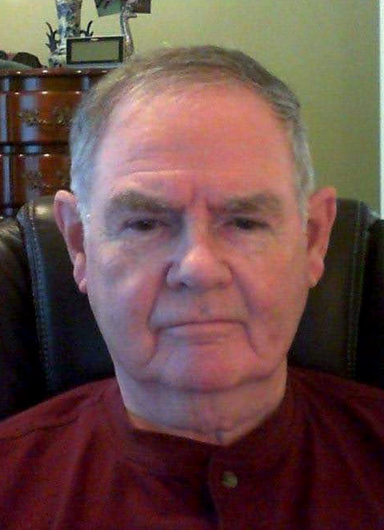My Take: Agnostics are more open than we give credit
A 2022 Pew Research Center Report, “Modeling the Future of Religion in America,” estimates that “in 2020, about 64% of Americans, including children, were Christian. People who are religiously unaffiliated, so-called religious "nones," accounted for 30% of the U.S. population.” The ranks of the “religiously unaffiliated” are clearly on the rise, especially among millennials (those born between 1981 and 1996).
Leaving a particular religion or abandoning a religious worldview should not be a whimsical or cavalier decision. It should only be taken after a careful analysis and examination of the reasons behind such a move.
In a 2022 article published in Psychology of Religion and Spirituality dealing with an analysis of formerly religious individuals, researchers required participants in a pilot study to write a short essay stating reasons for leaving their religion. 51.8% gave “intellectual reasons,” such as a “perceived incompatibility with science.” Another 21.9% left because of “religious trauma reasons,” such as the sex abuse scandals in the Catholic Church. Another 14.9% cited “personal adversity reasons” such as the death of a child. 11.4% had “social reasons,” such as not feeling welcomed by a religious community in their area.

In addition to the “intellectual reasons” cited in the pilot study many philosophers of religion are bothered by the so-called “problem of evil,” particularly physical or natural evil, those instances of pain and suffering not brought about by human choices, but by natural catastrophes such as earthquakes, volcanoes, tsunamis, and the like. Or by the pain and suffering that attends birth defects, diseases, and accidents.
Philosopher John Hick accurately claims that Christianity has never supposed that God’s purpose in creation was to construct a “hedonistic paradise,” a world where human beings would experience a maximum of pleasure and a minimum of pain. Hick’s “soul-making” theodicy asserts that pain and suffering serve to bring out the best moral qualities in human beings. Absent suffering, there would be no compassion. So, physical evils are offset by compensating goods.
But even Hick concedes that while “sometimes obstacles breed strength of character, dangers evoke courage and unselfishness, and calamities produce patience and moral steadfastness ... sometimes they lead to resentment, fear, grasping selfishness, and disintegration of character.” (Philosophy of Religion, 4th ed., Prentice-Hall, 1989). So, it is not surprising that Hick thinks that uncompensated physical evils in this life suggests that the “divine purpose of soul-making that is at work in earthly history must continue beyond this life if it is to achieve more than a very partial and fragmentary success.”
There are legitimate questions one can ask about Hick’s theodicy. Why couldn’t “soul-making” be accomplished in an “earthly history” that simply contains less physical evil? Couldn’t God have created a world in which there is simply less pain and suffering (a world with fewer pandemics, earthquakes, birth defects, deadly viruses, etc.)? In such a world human beings would still be able to develop their moral qualities.
In any event, abandoning a religious worldview does not necessarily entail atheism or a callous, insensitive attitude toward religion. It may simply mean that one is like a member of a jury who, having examined the available evidence, is not sure whether the accused is innocent or guilty.
Anthony Kenny, a former Catholic priest and one of Britain’s most respected historians of philosophy, has suggested that an agnostic attitude is consistent with religious rituals like petitionary prayer. Kenny notes that while “some find something comic in the idea of an agnostic praying to a God whose existence he doubts it is surely no more unreasonable than the act of a man adrift in the ocean, trapped in a cave, or stranded on a mountainside, who cries for help though he may never be heard or fires a signal which may never be seen.” (The God of the Philosophers, Oxford University Press, 1979) Committed believers may dismiss Kenny’s suggestion as meaningless. But the issue is not whether it makes sense to someone who already believes. The issue is whether the agnostic’s prayer is unreasonable. If I were “adrift in the ocean” or “stranded on a mountainside,” I would be screaming my head off for someone to help me. So, I see nothing unreasonable about an agnostic uttering, “If you exist, God, please hear my prayer!”
In any event, a genuine agnostic never closes the door to the possibility of embracing or reembracing a religious worldview. It is not uncommon for individuals to change their mind on important issues in light of new or hitherto unknown evidence, or a compelling intuition or experience.
— John Kearney, Ph.D., resides in Waterloo, Iowa.
This article originally appeared on The Holland Sentinel: My Take: Agnostics are more open than we give credit
